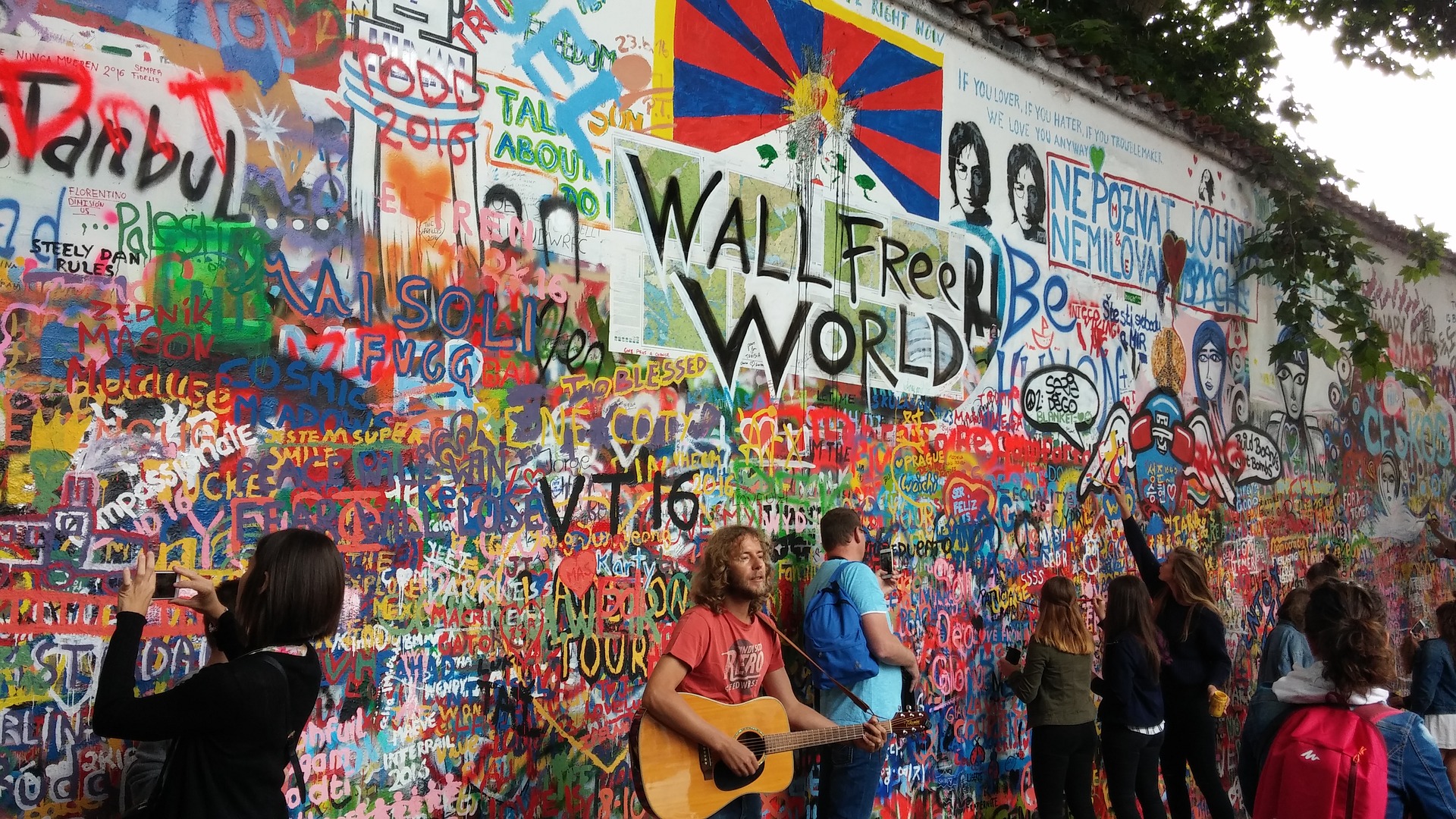Identity and performance in the web society
Young people, adolescents, digital natives, millennials seem to prefer the connection to the relationship, protecting themselves from the risks that derive from it
We say we spend hours on emails, but we are also spent, consumed.
Online, we easily find ‘company’ but we are consumed by the pressure of representation.
We have nonstop connection available and yet it is unusual for someone to devote all his attention to us and vice versa.
We can have an instant audience, but we cram words into new forms of abbreviation.
We like the web to “know” us, but this is only possible at the expense of our privacy, thanks to the trail of electronic crumbs that we leave behind and which are easy to follow and exploit, both politically and commercially.
We make lots of new acquaintances, but we risk live them as they were temporary, waiting for better ones to come.
We can work from home, but work creeps into our private lives until we find it hard to tell where boundaries lie.
We like to contact others almost instantly, but we must force ourselves to hide our cell phones for a moment of peace.Turkle S. (2012), Together but alone.
Why do we expect more and more from technology and less from others, Turin: Codice edizioni, page 116.
– This article is an introduction to sociologist Barbara Morsello’s publication
entitled Distopie digitali. Osservazioni su giovani, rischi e identità nella società del web” –
As reported in the scientific article, from the seventies we are witnessing a progressive emptying of collective identities in favor of a cult of personality. Each of us builds a trajectory of the self capable of ensuring a project for the future based on more or less stable knowledge in order to reduce the risks deriving from one’s life choices. Risk that is nothing but a culturally constructed and defined concept, so that not only every society, but also every social group will have its ideas and narratives about risk. The process of gradual erosion of institutions, the fragmentation of the figures of reference and the collective actor, entails a structural difficulty in the articulation of young people identity that are forced to constantly test themselves under the pressure of fear for their future.
The study points out that one young adult out of 20 today says they have no reference figures, mainly not because they believe they can manage on their own (30%) but because even if they feel the need, they fail to identify these figures (70%). The only recognized figures of reference are informal ones, the mother (33%), a close friend (26%) the partner (14%) while institutional figures such as teachers, educators and religious figures barely reach 1%.
It emerges that the fragmentation of the self and the passage from the concept of personality to that of character prevail in the construction of one’s presentation in the different day-to-day environments and find a greater space online. The impression users have is that they can manage a much more open and multiple self. Young people are therefore committed to building life paths that are always flexible and in agreement with social changes and the needs of the market, in a time of strong acceleration and consequent alienation of life paths. In this context, the idea of technical and scientific progress as a promise of universal happiness becomes the fuse for an unstoppable change. The fear of falling behind and losing the train of progress generates the communities of anxiety. Although young people say they are happy enough (58.6%), they suffer from a lack of prospects and a lack of reference points that can produce anxiety, depression and negatively affect their emotional well-being.

The researcher indicates identity, intimacy and imagination as essential elements for the formation and elaboration of an individual architecture in relation to society and cultural worlds. She also adds that according to Plato, Eros has an influence on all the components of the soul: desire, courage and reason. In this framework, political actions, understood as a common desire for a different way of life, for a fairer world, are deeply correlated to Eros. Thus, the reduction of Eros to a sheer individual desire to be satisfied, hinders collective actions based on courage and reason. The transformation of eros, construed as the thrust toward others, results in the annihilation of collective action.
At the same time, with its new places for socialization, the internet appears more authentic and genuine than offline contexts, dominated by fear of others, defense and role expectations. Digital technologies, with particular reference to social networks, are used by young people as a protection network against generalized anxieties. The fear of others is channeled through the device, allowing secure improvisation schemes and models through which to restore the predictability of the social world. This happens because, when we are increasingly reticent to expose ourselves, the role of digital mediation allows us to increase the possibility of running “well calculated risks”. Indeed, we are also witnessing a transformation of intimacy and interpersonal relationships. Studies based on sociological analysis link the erosion of stable and lasting bonds to the emergence of technologies of choice aimed at capitalizing contacts and annihilating the other that appears and disappears behind the keyboard. In this way, the absence of distance corresponds to an hyper-connection, which becomes a vehicle for an excitement without narration. Protected from risks, the network is interpreted as an opportunity, the place where everything is possible. At the same time, the growing freedom of choice, which is translated into an increase in responsibility, entails a rationalization of desire. In other words, we no longer act on the basis of a boost, but rather on a reasoned choice according to the criteria considered valid within the performance paradigm.
The Internet, with relationships that are organized in its digital prairies, therefore loses the consistency of the physical space of collective and communicative action. The logic of Likes and Followers seems to be the digital transposition of a traditional search for narcissistic approval in which identity feeds on delocalized gratifications. Staging yoneself has never been easier but, at the same time, taking care of your image and your idea of self becomes a full-time job. On the other hand, we are witnessing a massive return of emotions as a baseline theme not only for identity, but also for collective action. Just think about the type of communication of the new media and in particular of social networks, broken down into a few characters, instant, characterized by the massive use of images, short films, the so-called stories. The pervasiveness of the digital spaces in human relations ends up favoring the emergence of the non-empathic consumer, who aims to satisfy temporary personal desires only, to the detriment of the formation of a citizen responsible for the community to which they belong: thus, the multiplication of polarized opinions has paradoxically eroded the space for public opinion leading to a progressive depoliticization of society. However, the renewed protagonism of young people from all over the world, who urge decision makers to implement a great ecological transition with farsightedness, lays the foundations for an unprecedented awareness capable of gradually regenerate both cultural and political participation.

